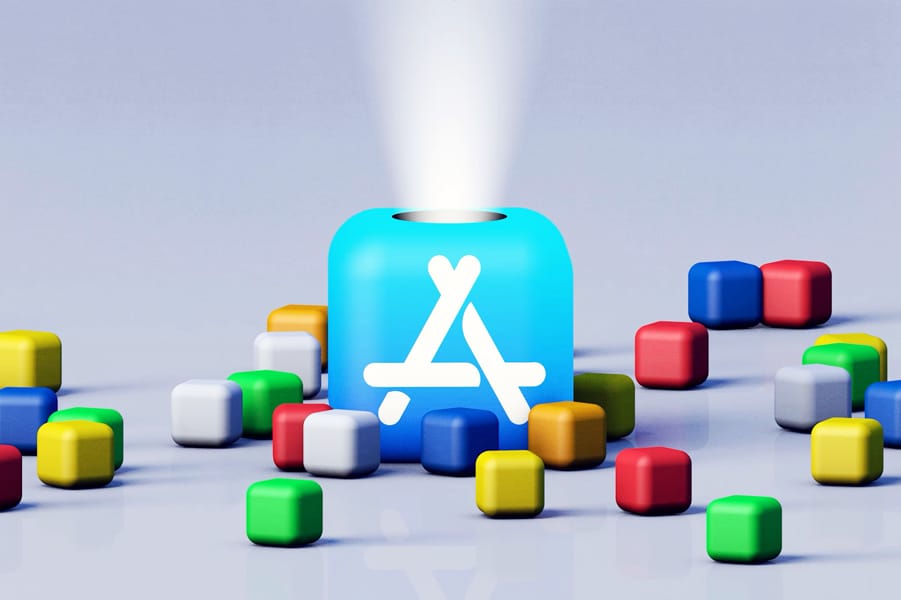Apple's app war needs peace
Apple has an iron grip on what apps people can download on their iPhones, and some app makers are complaining loudly about this arrangement as well as the fees that Apple collects from some apps


 Apple has an iron grip on what apps people can download on their iPhones, and some app makers are complaining loudly about this arrangement as well as the fees that Apple collects from some apps. This feels like an intractable standoff, with app users caught in the middle. (Timo Lenzen/The New York Times) Your tween might be freaking out that she can’t play a new “Fortnite” video game on her iPhone. Or maybe you’ve heard that Spotify, Tinder, Facebook and a small email company are fuming about how Apple treats their apps.
Apple has an iron grip on what apps people can download on their iPhones, and some app makers are complaining loudly about this arrangement as well as the fees that Apple collects from some apps. This feels like an intractable standoff, with app users caught in the middle. (Timo Lenzen/The New York Times) Your tween might be freaking out that she can’t play a new “Fortnite” video game on her iPhone. Or maybe you’ve heard that Spotify, Tinder, Facebook and a small email company are fuming about how Apple treats their apps.
Apple has an iron grip on what apps people can download on their iPhones, and some app makers are complaining loudly about this arrangement as well as the fees that Apple collects from some apps.
This feels like an intractable standoff, with app users caught in the middle. But there are nuts-and-bolts changes that Apple could make to tackle the bureaucracy, unpredictability and unfairness of the app world.
These changes won’t end all of these conflicts, which are starting to deprive people of apps or make them confusing and expensive to use. But the app system could be made better even without a truce.
I asked for ideas on how Apple could improve the app store from Jacob Eiting, a founder of RevenueCat, which helps app makers design in-app purchases and knows what drives developers crazy.
Specify how developers can fix rejected apps: Apple says yes or no to each new iPhone app or app update, based on the company’s 12,700-word app rule book — not including addendums. (The U.S. Constitution plus all the amendments runs for 7,600 words.)
Eiting said developers sometimes get rejection letters that simply recite a portion of Apple’s rules. He said it would be more helpful if Apple’s staff offered specific suggestions for what developers could change — sometimes as minor as tweaking a menu — to get the app approved.
Improve Apple’s payments technology: Eiting said it could take weeks or longer for app makers to write software that links their app to Apple’s proprietary system for people to pay for stuff with a fingerprint or face scan. Creating software hookups with other payments technology is much simpler, he said.
Clarify the gray zone: Apple has two categories of app purchases: When you buy something virtual, like an e-book, Apple collects from the app maker a fee of up to 30% on the purchase. When you buy something to use in the real world, like a physical book or an Uber ride, Apple doesn’t charge a fee.
But an increasing number of apps offer services that are somewhere between real and virtual — personal training or cooking classes conducted over an app, for example.
Eiting said Apple needed to clarify when the company would assess commissions on apps that offer these hybrid activities. Confusion over this question is stopping some apps before they even start, he said.
Consider an independent app review: There are inevitable questions about conflict of interest between app makers and Apple’s own apps that compete with them. The founders of Blix, an email app maker that has fought with Apple, suggested to me that Apple create an independent app review process to make sure it isn’t unfairly punishing rival apps.
Apple has in the past made changes to its app system to respond to developers’ complaints, and the company told me it’s always open to more. Any tweaks, though, won’t go as far as some app makers want: essentially, to blow up Apple’s control over what apps are allowed on people’s iPhones.
But it’s still possible to revamp the app system in ways that could bring more calm for Apple, developers and our smartphone-dependent lives.
First Published: Sep 01, 2020, 12:23
Subscribe Now